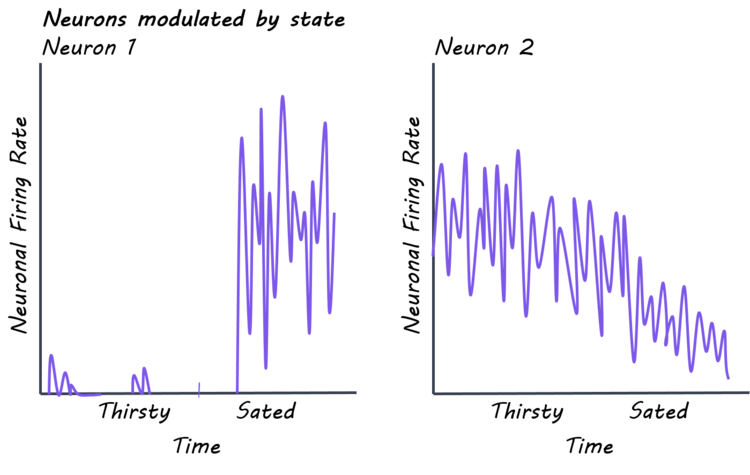Motivation refers to an internal psychological state that explains how we can respond to the same stimulus or event in different ways depending on the context and our needs. For example, if you see a glass of water on a table, you are more likely to want to drink it after you have been exercising and are thirsty compared to when you had a glass of water ten minutes earlier. Traditionally, scientists have thought that motivational states control our behavior by altering the salience of a stimulus—that is, how noticeable or important we perceive something in our environment to be—depending on how much reward or pleasure we would get from the stimulus.
Published by BrainPost.

